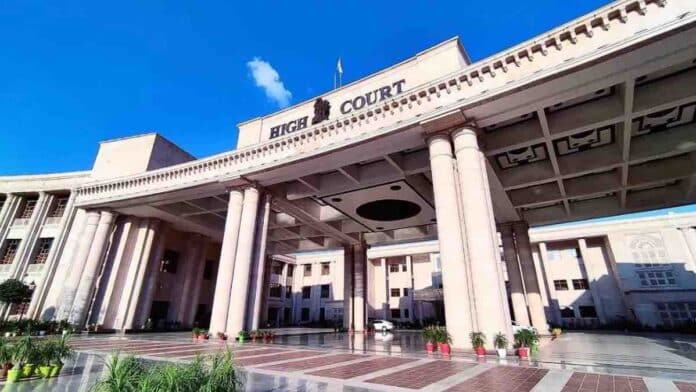The Allahabad High Court’s Lucknow Bench recently passed a significant order denying bail to an appellant, Nanku alias Amar Singh, convicted of murder and sentenced to life imprisonment. This ruling, made by Justice Attau Rahman Masoodi and Justice Ajai Kumar Srivastava-I, highlights the court’s view on the active and violent role played by the appellant
To Read More Please Subscribe to VIP Membership for Unlimited Access to All the Articles, Download Available Copies of Judgments/Order, Acess to Central/State Bare Acts, Advertisement Free Content, Access to More than 4000 Legal Drafts( Readymade Editable Formats of Suits, Petitions, Writs, Legal Notices, Divorce Petitions, 138 Notices, Bail Applications etc.) in Hindi and English.




